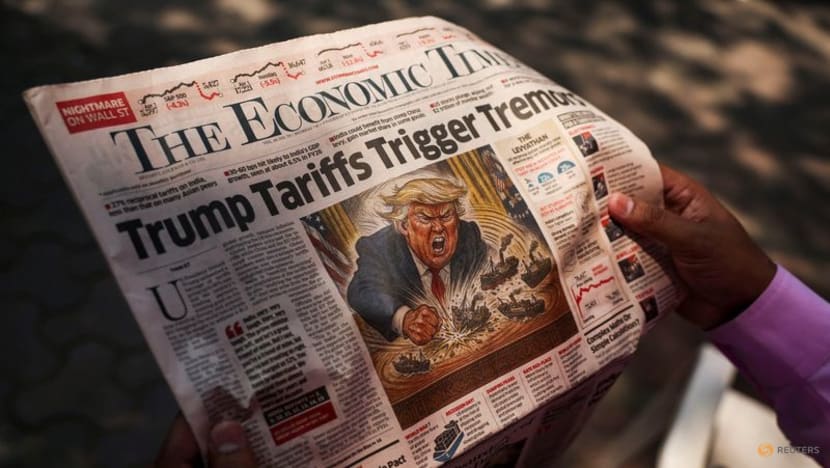Global Trade Talks Surge Following Trump's Tariff Announcement

In a significant turn of events, more than 50 nations have reached out to the White House to initiate trade discussions in the wake of President Donald Trump's recent imposition of sweeping new tariffs. This information was revealed by top officials on Sunday, April 6, as they defended the tariffs that have already wiped out nearly $6 trillion in value from US stocks during the previous week. The administration's stance comes as they attempt to downplay the economic repercussions that could follow these aggressive trade policies.
During various Sunday morning talk shows, senior economic advisors to President Trump aimed to frame the tariffs as a strategic repositioning of the United States within the global trade landscape. Their messaging was clear: the administration believes it is leveraging the situation to enhance America's negotiating power on the world stage. Ahead of what is anticipated to be a turbulent opening for Asian stock markets on Monday, officials sought to assure the public that the fallout from last week’s events would be manageable.
Treasury Secretary Scott Bessent was notably vocal, stating that over 50 nations had begun negotiations with the United States in the wake of the tariff announcement made last Wednesday. This surge in international interest places President Trump in a seemingly advantageous position. However, neither Bessent nor his colleagues disclosed the identities of the countries involved or the specifics of the ongoing discussions. The challenge of simultaneously negotiating with a multitude of nations could create logistical hurdles for the Trump administration, potentially extending economic uncertainty as various agreements unfold.
On NBC News' 'Meet the Press,' Bessent emphasized the leverage that Trump has gained through these tariffs, asserting, "He’s created maximum leverage for himself." Despite the tumultuous response from the stock market, Bessent attempted to mitigate concerns by asserting that there was "no reason" to expect an impending recession as a direct result of the tariffs. He pointed to stronger-than-expected job growth in the United States as a positive indicator of the economy's resilience.
The implementation of these tariffs has sent shockwaves throughout the global economy. Following Trump’s announcement, numerous countries, notably China, have retaliated with their own tariffs, raising fears of an escalating global trade war. Economists at JPMorgan have revised their economic projections in light of these developments, now estimating that the tariffs could lead to a decline of 0.3 percent in full-year US gross domestic product (GDP), a stark contrast from their previous forecast of a 1.3 percent growth. Furthermore, they predict that the unemployment rate could rise from the current 4.2 percent to approximately 5.3 percent as the economic landscape shifts in response to these tariffs.




